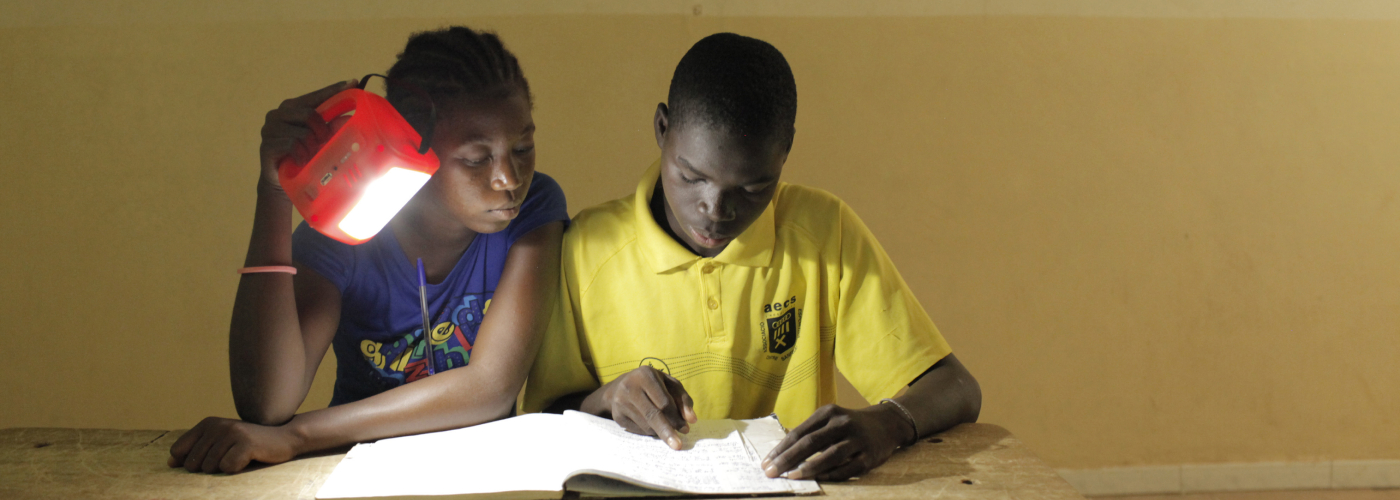This research project aims to investigate the impacts from fossil fuel subsidy reform on poor women in Bangladesh, India and Nigeria. This initial scoping report finds no primary, quantitative research on the question of the gender-differentiated impact of fossil fuel subsidy reforms. However, there is a large body of literature linked to energy access and gender; growing research surrounding energy subsidies, access and impacts on the poor; growing research regarding solar energy and cook stoves and gender; and a body of research assessing targeted cash transfers (sometimes used as mitigation measures to energy sector reform) from a gender perspective.
The report explores the literature by first providing a global picture of energy subsidies, energy access and gender empowerment as background to the research. It then reviews the literature regarding access to energy and gender empowerment, fossil fuel subsidies and gender, subsidy reforms and gender, and mitigation measures such as cash transfers and targeted energy interventions. Finally, it provides an overview of energy subsidies and reform with implications for gender across this project’s three focus countries: Nigeria, India and Bangladesh.







